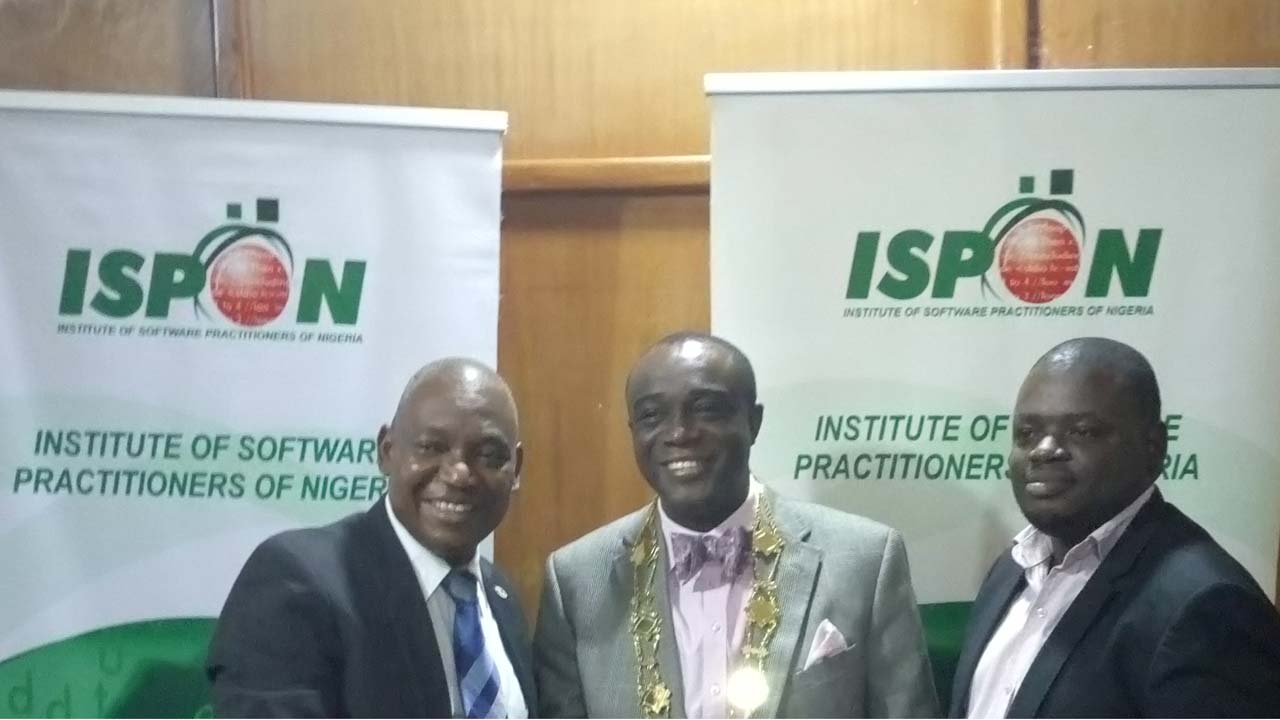Leading global automation engineering giant, Siemens on Tuesday announced the handing over of digital equipment specifically related to industrial automation that enables integrated engineering to 13 engineering faculties at universities in Ghana, Tanzania, Kenya and South Africa.
This is part of the company’s commitment to sustainable skills development across the continent. The value of the equipment is close to $400 000.
It was not clear why the company skipped Nigeria which has the highest number of universities and even workforce population in Africa even as figures from form the Future of Jobs and Skills in Africa Report, released by the World Economic Forum (WEF), show that 44% of all work activities in Ethiopia are susceptible to automation, as are 46% in Nigeria, 52% in Kenya and 41% in South Africa.
The company observed that the current Fourth Industrial Revolution is having a disruptive effect on economies and the development of digital skills is vital. There is an opportunity, especially in Africa, to embrace new and exponential technologies combined with human talent to accelerate industrialization and drive economic growth.
This idea, the company said, encouraged it to accelerate digitalization skills and empower those who will be leading the change in the continent as Internet of Things (IoT) takes charge
Siemens have already made factory automation and electrical engineering equipment donations to the following institutions including Kwame Nkrumah University of Science and Technology, Ghana; Dar-Es-Salaam Institute of Technology, Tanzania; Dedan Kimathi University of Technology (DeKUT), Kenya; and nine Universities and Colleges across South Africa
Data collected by WEF in key African markets shows employers across the region identify inadequately skilled workforces as a major constraint to their businesses, including 41% of all firms in Tanzania, 30% in Kenya, 9% in South Africa and 6% in Nigeria. This pattern may get worse in the future. In South Africa alone, 39% of core skills required across occupations will be wholly different by 2020.
In a statement sent to Business Hilights, Sabine Dall’Omo, CEO of Siemens Southern and Eastern Africa, said “The uneven development of the past can only be overcome with locally engineered solutions”.
“In an African context, disruptive technology can be seen as an opportunity to leapfrog into the best and most advanced technologies, but this is only possible with access to the right training and equipment.
The company further noted that Siemens will continue its commitment to Africa and offer long-term support to beneficiaries by ensuring that students are able to train on the most advanced technology available. This will ensure graduates, and therefore the emerging workforce, have the skills necessary to effectively lead large-scale digitalization across the continent, resulting in long-term benefits to economic growth.
Siemens firmly believes the best way for African markets to benefit from the digital revolution is to combine skills training and improved / new infrastructure.
Continuing, Dall’Omo averred that “Convergence of man and machine intelligence will enable a new era of speed, flexibility, efficiency and connectivity in the 21st century. The conversation about man vs machine is not an either-or scenario. Ongoing education and training has a positive effect for both business and society. A strong pipeline of talent with the relevant skills and knowledge is beneficial to governments and businesses, while young people advance into jobs and careers with increased economic opportunity if they have the right skills.”
The CEO also restated that “Our commitment to skills development and our relationships with these institutions goes beyond just this donation,” adding that “We invest for the long-term and believe that by playing an active role in skills development, locally engineered solutions could catalyze the re-industrialization of the economy and trigger growth on an unprecedented scale.”









